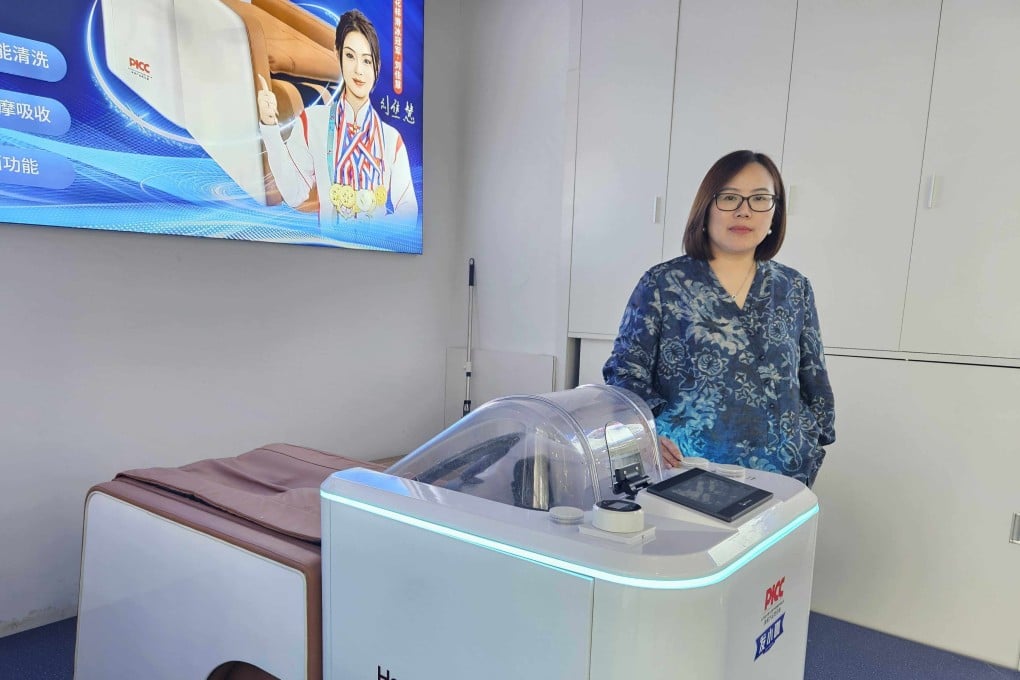ChatGPT just received a major update to recommend specific products to users — but it's still suffering from the same old AI problem: answers that sound good at first, but make little sense when you examine them more critically.Unlike before, OpenAI's chatbot will now pull up helpful product cards that, once clicked, open a sidebar inside the chat window to show detailed information about your shopping options, including product pictures, prices at various retailers, summaries of user reviews, and a textbox describing "why you might like this." You can also hover over a product card to show an "ask about this button," which lets you ask ChatGPT specific questions about the item.
And on the backend, ChatGPT will remember your preferences to show you more personalized results. Once you choose what you want, the chatbot will direct you to the retailer's website to finalize your order.When the Verge tested these new functionalities firsthand, however, there were instantly some issues.

For one, ChatGPT had trouble accurately reporting information on products that weren't out yet — like the extremely-in-demand Nintendo Switch 2, which is currently only available for preorder."While ChatGPT acknowledged that retailers have experienced 'rapid sellouts,' it said that Nintendo's own My Nintendo Store was one of those retailers — even though it hasn't started sales yet," wrote the site's Jay Peters.More worryingly, the chatbot recommended some questionable vendors and seemingly invented other retailers out of thin air.
"ChatGPT also pointed to some 'third-party sellers and specialized retailers' apparently offering preorders," Peters wrote, "including a $710 listing on eBay and a platform I've never heard of and can't find on Google called 'Store Collectibles.'"Bear in mind, we're talking about a product that won't start shipping until June. On eBay, you're forking over hundreds of dollars for some scalper's spot in the preorder line.
Who knows what that "Store Collectibles" retailer could be."It was a reminder that, like with other generative AI tools," Peters concluded, "you should definitely double-check what ChatGPT's shopping results show you."It's a bold step forward for OpenAI in any case.
Wired observes that ChatGPT's product feature will be a challenge to Google Shopping, but with a key difference: no ads, and no sponsored content.At least for now. Ads and sponsored content contribute to Google's mammoth search revenues, which raked in the company over $50 billion in the first quarter alone.
Tapping into that trillion-dollar market could be immensely lucrative for OpenAI if it started taking a cut of what it recommends or offering ads and sponsorships. Finally, the AI startup could find a way to generate real revenue and maybe even turn a profit — because it's certainly not on track to do that with its sales of ChatGPT subscriptions when it still has hefty compute costs on its books.When Wired asked OpenAI search product lead Adam Fry about this possibility, he refused to rule it out.
Fry, instead, emphasized that OpenAI is focused on the user experience first and will iterate on ChatGPT shopping as it learns more from its release.More on ChatGPT: Sam Altman Admits That New OpenAI Updates Made ChatGPT’s Personality InsufferableThe post ChatGPT Is Already Bungling Product Recommendations appeared first on Futurism..
Technology

ChatGPT Is Already Bungling Product Recommendations

ChatGPT just received a big update to give you better shopping recommendations — but it's still suffering from the same old problem: dodgy responses. Unlike before, OpenAI's chatbot will now pull up helpful product cards that, once clicked, open a sidebar inside the chat box to show detailed information about your shopping options, including product pictures, prices at various retailers, summaries of user reviews, and a textbox describing "why you might like this." You can also hover over a product card to show an "ask about this button," which lets you ask ChatGPT specific questions about the item. And on [...]















